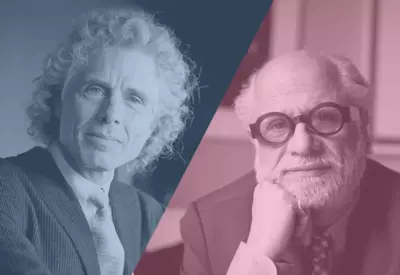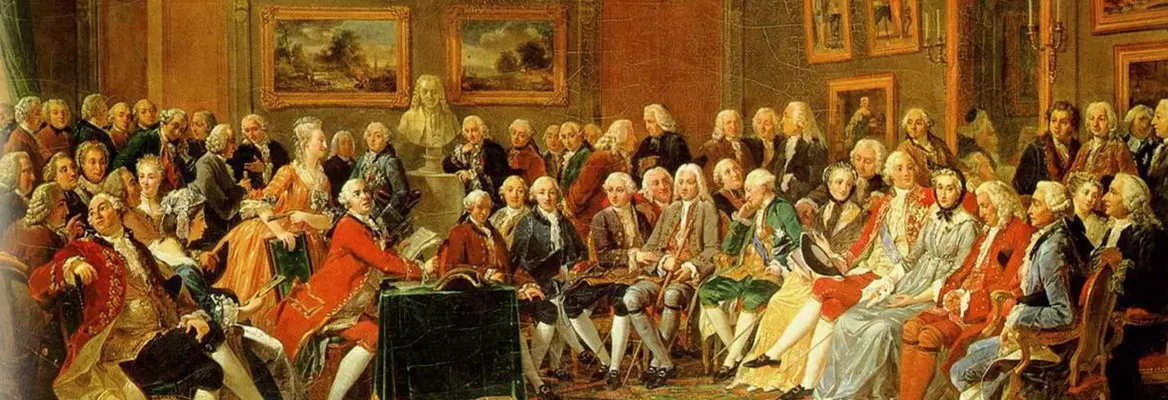The Enlightenment’s values of reason, progress, and autonomy are still championed by many in the West. But as Aviva Chomsky argues in this interview with the IAI, the way the Enlightenment project intersected with European colonialism meant that these values were used, and continue to be used, for the exploitation of natural resources and the Global South, animating today’s climate crisis.
Aviva Chomsky will be giving a talk on The Specter of the Enlightenment, as part in this month’s IAI Live, November 6, on The Spirit of West: Promise and Peril, featuring a debate between Steven Pinker and John Mearsheimer on The Enlightenment and its Alternatives.
You’ve argued that the climate crisis has deeper roots than we usually acknowledge, going all the way back hundreds of years, to the Enlightenment or even earlier. How can events that happened hundreds of years ago, long before the industrial revolution and the rise of CO2 emissions, have affected the climate crisis of today?
Rather than tracing the climate crisis specifically to the Enlightenment, I’d place it in the 500-year context of European global expansion, which intersected with the Enlightenment in various ways.
Of course, the use of fossil fuels and the problem of greenhouse gas emissions is more recent—dating to the Industrial Revolution, and with the sharpest increase after World War II. But the patterns of European expansion that began 500 years ago led directly to Europe’s industrial revolution and the use of fossil fuels, along with capitalism and its commitment to economic growth based on ever-increasing production and consumption.
Even as today’s fossil fuel over-consumers talk about an energy transition, they seem to remain committed to a global order in which the global South (the former colonies) is going to provide the resources and pay the price for flagrant overconsumption in the global North. Meanwhile the global South is the region most affected by climate change itself, and with fewest resources to manage the impacts.
I see this divide very clearly in La Guajira, the region of Colombia where I’ve been working for the past 20 years. After Exxon, a US company, established what became the continent’s largest open-pit coal mine there in the 1980s, exporting coal to power plants in the United States, Europe, and Japan, foreign companies like it are now swooping down to blanket the region with copper mines and wind farms, in the name of energy transition in the global North. The companies will pocket the profits and export so-called “clean” energy and inputs. All this while 65% of the population is illiterate, and has little access to schools, health services, or basic sanitation, much less electricity. The local population, poor and powerless, will continue to be displaced and dispossessed. This is the latest phase of climate colonialism.
 SUGGESTED READING
Does the Enlightenment Need Defending?
By Steven Pinker
SUGGESTED READING
Does the Enlightenment Need Defending?
By Steven Pinker
Enlightenment philosophers, like Kant, saw themselves as putting forward a universal moral framework for all of humanity, but the criticism is that in fact the Enlightenment was deeply Eurocentric in its biases. How are those biases reflected in how the West understands global problems like climate change?





















Join the conversation